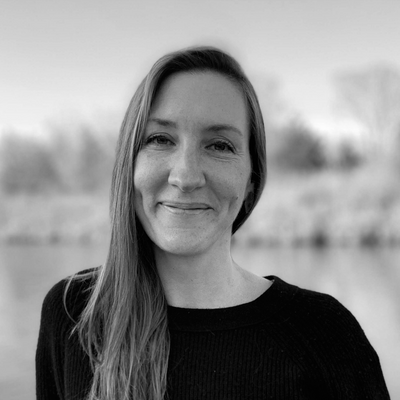 WHITEHEAD INSTITUTE FOR BIOMEDICAL RESEARCHSusan Lindquist, a molecular biologist at MIT and the Whitehead Institute, whose studies on protein folding lent insight into gene expression, evolution, and prions, died this week from cancer (October 27). She was 67.
WHITEHEAD INSTITUTE FOR BIOMEDICAL RESEARCHSusan Lindquist, a molecular biologist at MIT and the Whitehead Institute, whose studies on protein folding lent insight into gene expression, evolution, and prions, died this week from cancer (October 27). She was 67.
“Sue was the most creative, out of the box scientific thinker I’ve known,” Brooke Bevis, Lindquist’s lab manager, said in a press release issued by the Whitehead Institute. “She had a unique biological intuition—an instinct for the way things worked and the right questions to ask. And she was indefatigable, seeming to draw strength and stamina from the science itself.”
Lindquist was well known for her work on heat shock proteins as protein folding chaperones and on prions’ roles in evolution. Her team uncovered mechanisms for how prions can transmit heritable information through the misfolded proteins alone.
The Chicago native earned a PhD from Harvard University and established her first lab...
In a profile in The Scientist earlier this year, Lindquist recalled advice she received as a junior faculty member that switching model organisms pre-tenure was risky. But getting tenure wasn’t really on her radar. “I thought it was a miracle that I got this faculty appointment and was so happy to be there for a few years that I just wanted to follow what was exciting for me,” she said. “I didn’t have expectations of getting tenure. So this was an aspect of gender inequality that was extremely positive. It allowed me to be fearless.”
In 2001, Lindquist joined the faculty of MIT and became director of the Whitehead Institute, a position she held until 2004. Lindquist earned numerous awards for her work, including the President’s National Medical of Science.
“I’ve never met another scientist as creative and visionary as Sue, nor a person so caring and loving,” Elaine Fuchs, a stem cell researcher at Rockefeller University who served as Lindquist’s maid of honor, said in the release. “She was the gentle giant of science, and her work will continue to shape research and medicine—and inspire her family, friends, colleagues, students, and postdocs—long into the future.”
Lindquist is survived by her husband and two daughters.
Hat tip Sharon Begley @sxbegle
Interested in reading more?





